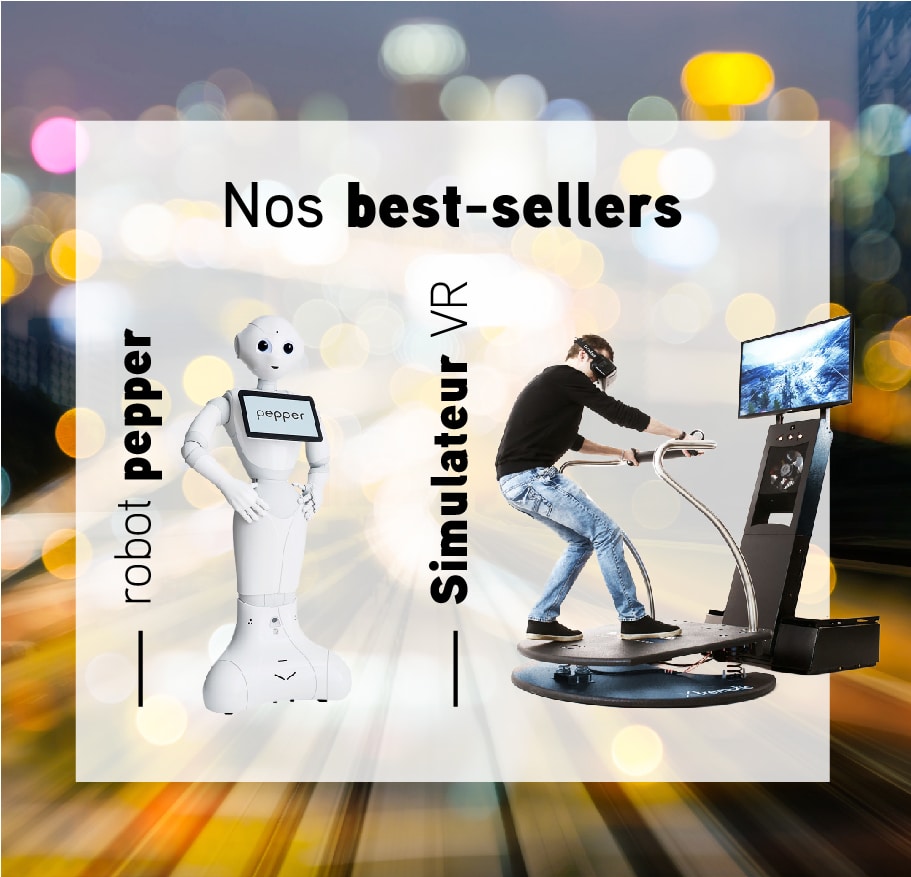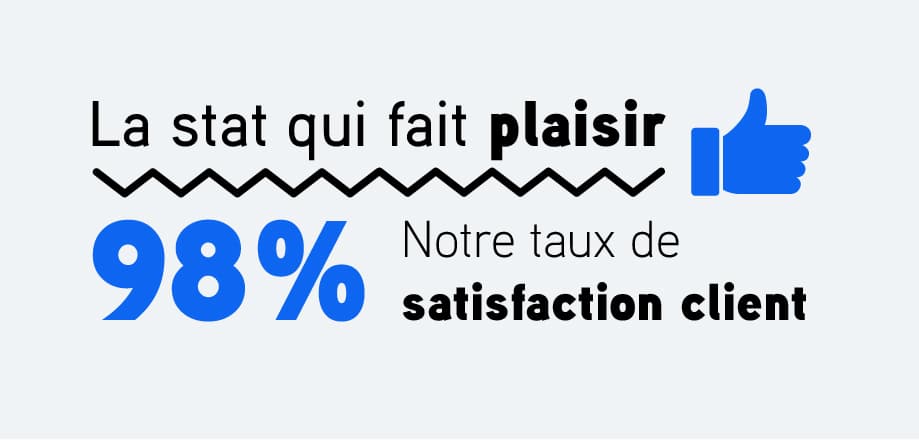As 2025 looms on the horizon, the events sector is poised to undergo a bold transformation, shaped by a harmonious symbiosis of technology and authenticity. Events are now focused on creating more sustainable and agile experiences, responding to an increased demand for genuine human connections and digital detoxification. The coming year heralds an era where sustainability, flexibility, and digital innovations will be the pillars of an industry in search of meaning and distinction in a saturated universe.
The events industry in 2025 will be marked by several unmissable trends that will transform the approach and organization of events.
Sustainability
Sustainability becomes essential with the integration of the United Nations’ Sustainable Development Goals. Organizers will need to incorporate eco-responsible practices and comply with stringent regulatory guidelines.
Agile Event Management
The agile approach is revolutionizing event planning by allowing continuous adjustments to quickly adapt to the changing needs of participants.
Data-Driven Decisions
Data-driven decisions are becoming central, providing valuable insights to optimize events in real-time.
Focus on Mindfulness
Events emphasizing mindfulness create moments of authentic connection, promoting mental well-being in an increasingly digital world.
Metaverse
The metaverse offers a constantly evolving space for innovation, merging digital and physical experiences for immersive events.
Artificial Intelligence
Artificial intelligence is becoming a major asset, optimizing all stages from planning to post-event analysis to provide tailored experiences.
Distinctiveness in the Age of Average
In a world where uniformity may prevail, standing out with unique and authentic experiences is essential to captivate and retain the audience.

Sustainability Trends in Events 2025
On the horizon of 2025, sustainability will no longer be just an asset, but a real obligation for event organizers. Adopting recyclable and sustainable materials becomes the essential norm, supported by regulations such as the European Directive regarding corporate sustainability reporting, the CSRD. This movement is reinforced by the ISO 20121:2024 standard, which establishes a direct link to the United Nations Sustainable Development Goals. The “SDG Event Compass” tool from VOK DAMS, for example, helps planners systematically integrate these concepts. Engaging in sustainability represents not only a social responsibility but also a legal requirement and an essential strategy for future success.
The Impact of Artificial Intelligence on Events
Artificial intelligence (AI) is shaping the event industry in unprecedented ways. The integration of AI in planning and execution allows personalizing participant experiences based on real-time data. Unlike traditional methods, AI offers instant solutions that revolutionize data-driven decisions. This relates to optimizing visitor pathways as well as managing flows to avoid overcrowding. Post-event analyses also allow for continuous improvement of future events. Proving to be more accurate than human intuition, AI becomes a valuable ally in optimizing return on investment and enhancing participant satisfaction.
The Search for Authenticity in a Digital World
The quest for authenticity is becoming imperative as our universe increasingly immerses itself in digital. Live events, with their ungraspable and authentic moments, provide a unique experience free from any artificial simulation. The famous adage “Events cannot be simulated” illustrates this: only real interaction can forge lasting bonds with clients and partners. In an era where AI generates questions about the authenticity of content, live events offer an unmatched anchor of truth, where trust is built on genuine exchanges and lived emotions.








